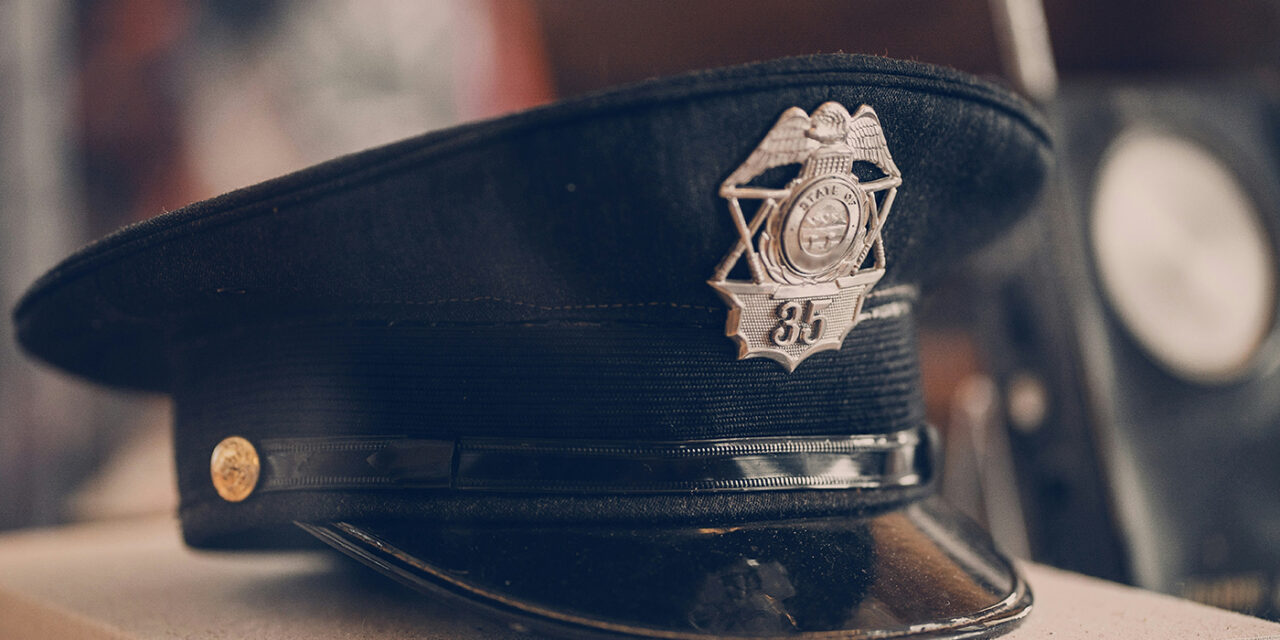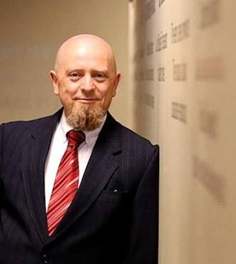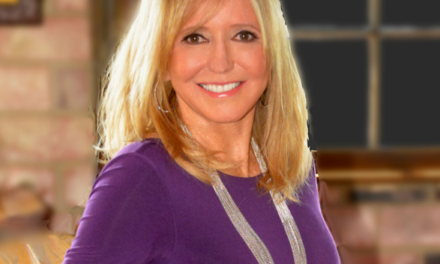Joseph Lozada has always been drawn to service. For over 20 years, he has worked to protect others in many forms—first as a police officer, then as a leader in private security, and also as a college professor. His path is one of steady purpose, rooted in public safety, education, and a strong sense of responsibility.
“I never looked for the spotlight,” Joseph says. “I just focused on doing the job well—whatever the job was.”
Joseph started his career in one of the toughest jobs around: as a police officer with the New York Police Department. While the badge gave him authority, it was his mindset that shaped his impact. He later became an instructor at the NYPD academy, where he trained new recruits. For Joseph, this was more than a job—it was about helping people build the skills and mindset needed to serve with integrity.
“There’s a difference between enforcing rules and protecting people,” he says. “You have to know when to lead with the law and when to lead with compassion.”
After his time in law enforcement, Joseph took his experience into new spaces. He entered the world of private and healthcare security, where he rose through the ranks to oversee operations at an organization spanning all of New York.
The work, though different from patrol, still requires vigilance and deep knowledge of risk.
“Security isn’t just about responding to problems—it’s about preventing them,” Joseph explains. “It takes planning, awareness, and training. You have to be thinking five steps ahead.”
At the same time, Joseph has spent nearly two decades as an adjunct professor. He teaches criminal justice and sociology, helping students understand how systems work—and how they sometimes fail.
“I love the classroom because it’s a space for questions,” he says. “It’s where you get to talk about the ‘why’ behind the rules and the structure.”
Joseph believes education is key to good leadership. Whether he’s managing a team or teaching a class, his goal is to help others think critically and act responsibly.
“Good leaders listen more than they speak,” he adds. “And they create space for others to grow.”
Joseph’s story is one of quiet leadership. He’s not loud about his achievements, but the results of his work speak for themselves. He has trained officers, led teams through high-pressure situations, and helped young people understand the bigger picture of justice and society.
What drives him? A simple answer: service.
“I’ve always felt that if you’re in a position to help, then you should,” he says. “That’s how I was raised.”
He also believes that safety is more than a checklist. It’s a culture. One that must be built with care, consistency, and trust.
“People feel safe when they know someone’s looking out for them—not just reacting when something goes wrong,” Joseph says.
Looking ahead, Joseph continues to balance his roles in both the security field and the classroom. He’s focused on training the next generation of security professionals and shaping how organizations think about safety.
“I still see so much room for improvement in how we prepare people for these jobs,” he says. “We need to teach the technical parts, yes. But we also need to talk about ethics, empathy, and decision-making under pressure.”
At the end of the day, Joseph sees himself as a guide. Someone who walks the line between structure and service, enforcement and education.
“It’s not about being perfect,” he says. “It’s about being present. Doing your part. And helping others do theirs.”
In a world that often feels uncertain, people like Joseph Lozada remind us that leadership doesn’t always come with a title or a spotlight. Sometimes, it’s found in the steady hand, the listening ear, and the quiet commitment to something greater than oneself.




